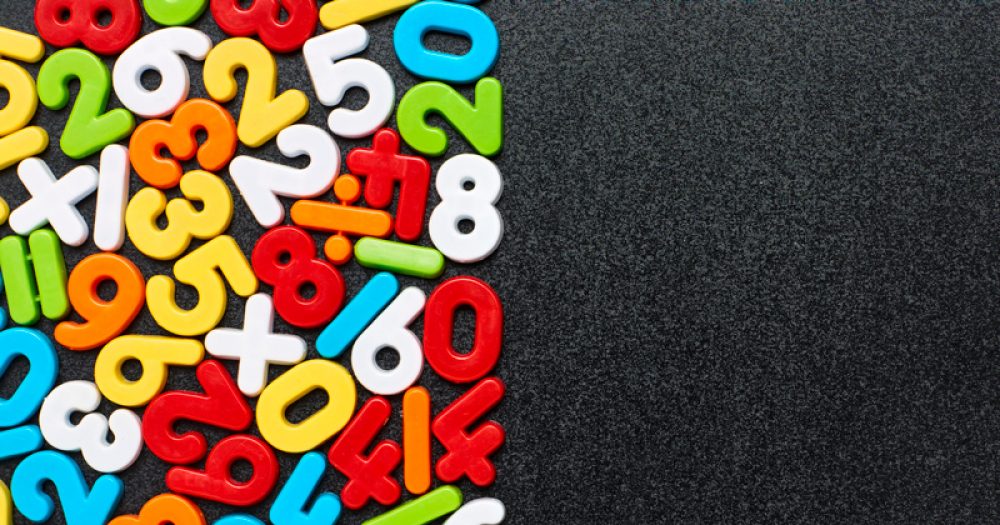Our data reveals in great detail whose mathematics performance have been impacted and how and could help to formulate plans for catch-up and recovery, writes Craig Barton
Recent research from FFT Education found a noticeable widening of the attainment gap in maths for primary children. But the researchers said they had too little data to draw firm conclusions about all year groups. Fortunately, we have plenty of data.
Using 200+ million answers to maths questions, we tracked the progress of two groups of students. One gives us a baseline of non-pandemic progress through years 6, 7 and 8. The other is the current cohort of students who have experienced disruption to their education.
As we may expect, we find prolonged periods away from school have negatively affected most students’ mathematical performance. Rather more worryingly, this effect is more pronounced for the lowest achieving students.
Remote learning has been a nightmare for many children. It is not hard to speculate why. The routine of the school day, classroom norms, the face-to-face relationship between teacher and student, and peer-to-peer collaboration appear to be the foundations upon which learning is built. Remove all of those and replace them with a potentially chaotic home environment where the necessary tools for remote learning are absent and it is no surprise to see students struggle.
But we also found something else: those students in the top 10 per cent of mathematical achievement are actually performing better than they would have been expected to without the remote learning enforced by the pandemic.
Again, we are forced to speculate why this might be the case. Some students may prosper away from the busy classroom, particularly if the behaviour of their peers means that a significant portion of any lesson is not focused on learning. Some students may benefit from home learning with the necessary tools – rewatching videos, learning at their own pace, etc. And then we have parents who, forced to work from home themselves, were around more and on hand to offer support and encouragement to their children.
The effect of the pandemic appears to have been more pronounced in boys than girls
The effect of the pandemic appears to have been more pronounced in boys than girls and this finding is true at all achievement levels. The performance of the lowest achieving boys (relative to our baseline measure) is worse than the performance of the lowest achieving girls, and the same is true at the top end. I will leave you to speculate why this might be the case!
But perhaps the most concerning finding relates to confidence. We ask every student how confident they feel in their answer to our maths questions, crucially, before they know if they are correct. If we separate the students into achievement levels and track confidence, our baseline group shows no discernible pattern – sometimes confidence increases over time, sometimes it falls. But for our pandemic group, confidence in their answers falls for every single decile after the pandemic. Even those students who are actually performing better in mathematics than we would expect are lacking confidence.
This finding is striking. Once confidence in mathematics goes in a student, it is very hard to help them get it back. I have seen it so many times. They quickly convince themselves that they are no good at the subject, or “not a maths person”. There is a wealth of research out there on maths anxiety to suggest this is a real problem.
Fortunately for teachers, performance and confidence are intimately related: help students perform better, and confidence increases.
Identifying the specific nature of students’ gaps in their knowledge is key. If students have misconceptions and misunderstandings in the fundamentals of mathematics, it will be a fruitless task trying to build on top of such shaky foundations.
That’s why this is not the time for marks, levels and grades but a time for supporting our students in rebuilding their confidence and understanding of mathematics. And with a six-week break starting, there’s no doubt this will continue to apply – perhaps more than ever – when September rolls round.















Your thoughts